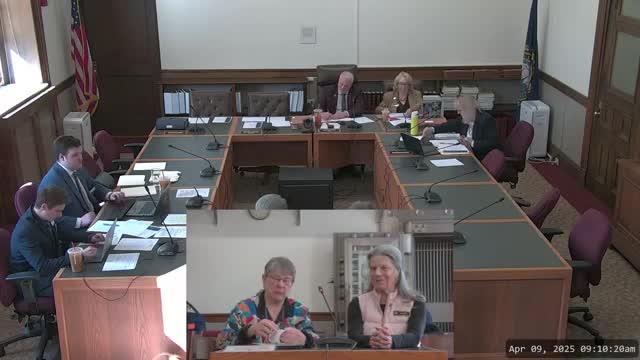Article not found
This article is no longer available. But don't worry—we've gathered other articles that discuss the same topic.
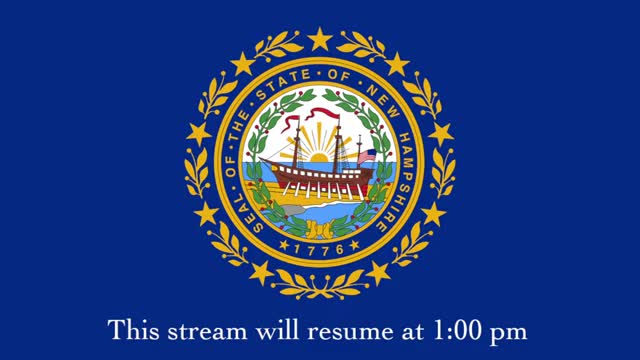
Stakeholders split over whether nonprofit vaccine association should post recorded meetings
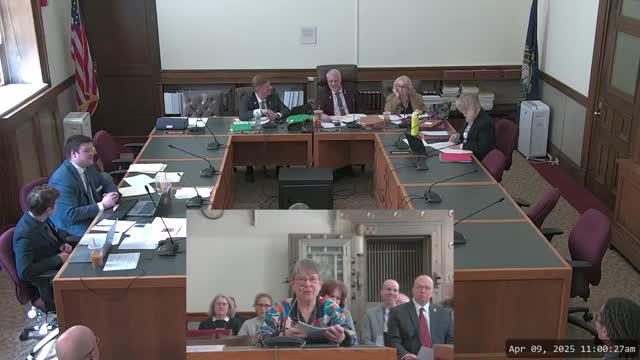
Gold Star families press for official recognition of 'Honor and Remember' flag; committee seeks policy clarifications
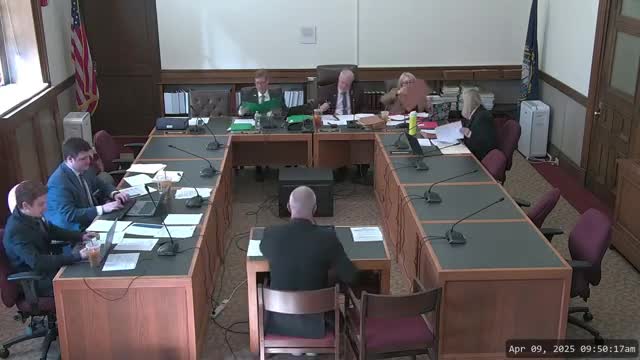
Bill to expand civil forfeiture reporting draws agency concerns and transparency supporters
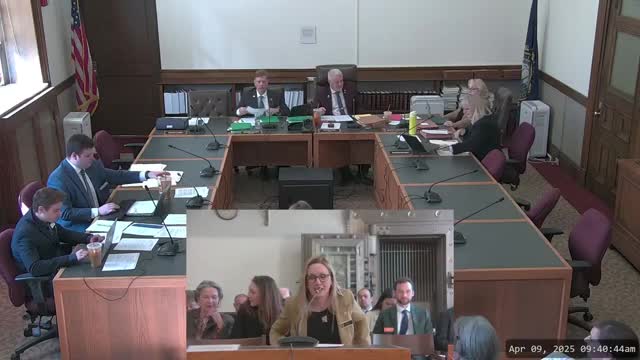
Bill would require 30-day credentialing timeline for mental health providers to speed hiring, sponsors say
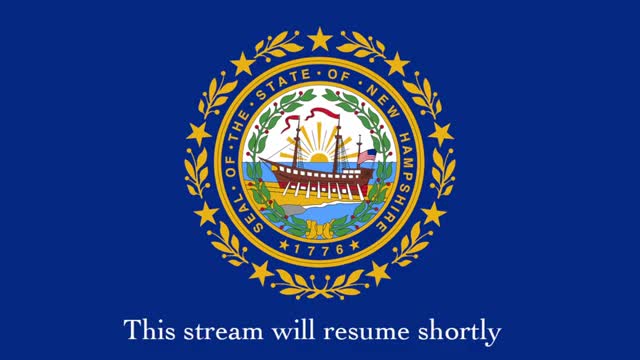
Bill would remove longstanding exemption allowing unlicensed school staff to provide psychotherapy
